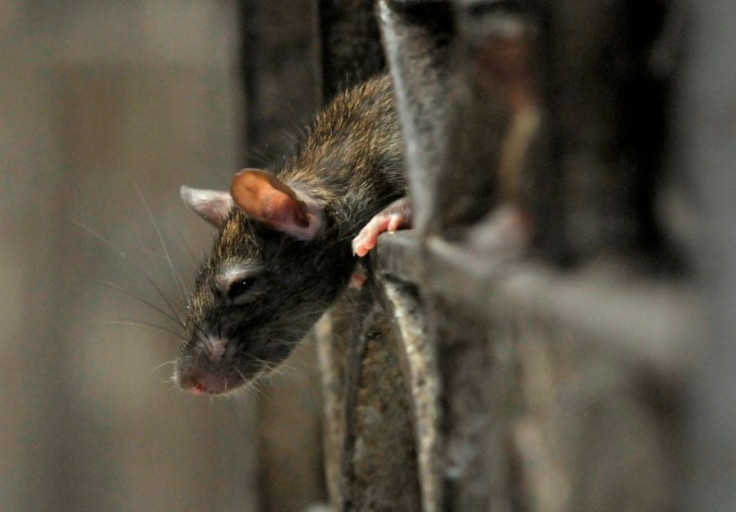Rats Are Empathic, Favor Friends Over Food

Primates, humans’ closest ancestors, have been shown scientifically to behave like humans, able to show empathy. This trait has also been shown to be present in very distantly related species — the rodents.
Rodents, specifically rats, have been found to show empathy, willing to save their friends over a piece of treat, according to a new experiment. The study, conducted by researchers from Kwansei Gakuin University in Japan, showed that rats can find a way to save their comrades from drowning.
Led by Nobuya Sato, researchers wanted to prove that rats exhibit pro-social behaviour for the same species. A previous study has already been conducted to prove that rats will help their kind escape from cages, but this new study aims to add more evidence that rats can display empathy.
In the experiment, trapped rats were placed in a difficult situation together with other rats that could potentially become the rescuer. The researchers found that when one rat had to fight for its life trying to find dry land and needed help from another rat in a cage, the ones confined in cages learned how to save the distressed one in the water.
Researchers also found that rats were willing to save their friends even in the presence of a tempting treat — chocolates. The rats chose to release a lever that would save its kind from drowning, rather than going for the lever that releases the treat.
BBC reports that the same rescue response came from rats that had previously survived drowning. However, this response was recorded to be much quicker.
More interestingly, rats will not become rescuers when there is no sign of distressed life. For instance, the researchers replaced a distressed rat in water with an inanimate object, and they found that the rats didn’t press the lever.
"Empathy is one of the important abilities for our social life," said Nobuya. Studying empathy in rats encourages further research that gives light on how social behaviour works on a neural level. The study was published on May 12 and can be found in the journal Animal Cognition.
To report problems or leave feedback on this article, email: wendylemeric@gmail.com





















